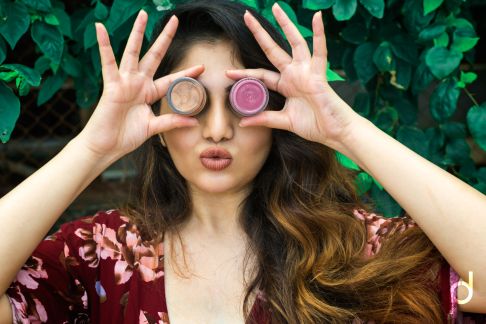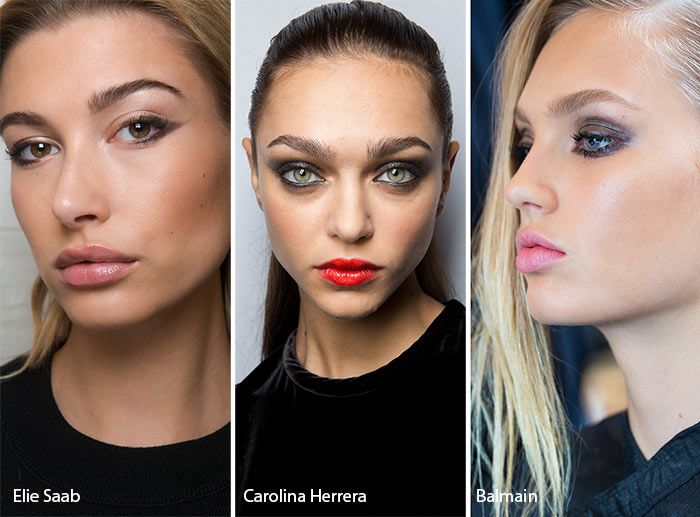
Organic & Cruelty-Free Makeup: Know The Difference
Organic & Cruelty-Free Makeup Explained
Hi Fellas,
I’m back with a bang! This time with an actual bullet that I’d like to label as the truth bullet. Now all those that follow my social media accounts have got little hints that I’m slowly moving towards an organic and sustainable lifestyle because, let’s face it, we’re not getting any younger and we will be gravitating towards beauty and makeup that is beneficial to our skin. I’ve also watched too many brutally damaging videos about what our consumption is doing to the environment (That’s a story for another day) and what chemicals, in particular, are doing to us.
A Few weeks ago, I also burst the whole ‘influencer’ conspiracy on my Instagram stories, and I’ve made peace with the fact that influencing is natural and can be done for good. As an advocate for organic makeup and sustainable fashion, I’d also like to admit that I’m slowly moving into the lifestyle (I can’t just dispose of my clothes and makeup overnight.) so if you spot me wearing non-organic makeup or polyester fabrics, please please don’t pelt stones at me already. I’m learning about my ingredients and sharing it with you, so that we all grow into this lifestyle step by step. It all begins with one little step, one little habit, and Boom! We’ll turn into trees ourselves someday (Why not?).
So let’s cut to the chase and decode organic & cruelty-free makeup, shall we?
What Is Organic & Cruelty-Free Makeup?
Organic Makeup
Organic makeup has recently made its inroads into the beauty market in India and I was instantly drawn to it. It is makeup that is made up of naturally sourced ingredients and doesn’t contain preservatives, chemical dyes, phthalates, lead, parabens, and many other mystery ingredients that I’ve yet to dig out.
What’s disturbing to know is that the FDA (globally) doesn’t require cosmetic companies to conduct safety tests of their products which means we’re unknowingly slapping a ton of damaging chemicals onto our skin almost every day!
So how do you differentiate authentic organic makeup from makeup brands that simply label their products as organic?
Step 1 – You check the ingredients
Step 2 – How sure are you about your ingredients?
Step 3 – Scroll down, I’ve got you!
Here are a few Organic Makeup Ingredients you can take a note of
1. Seed Oil (Vitamin A)
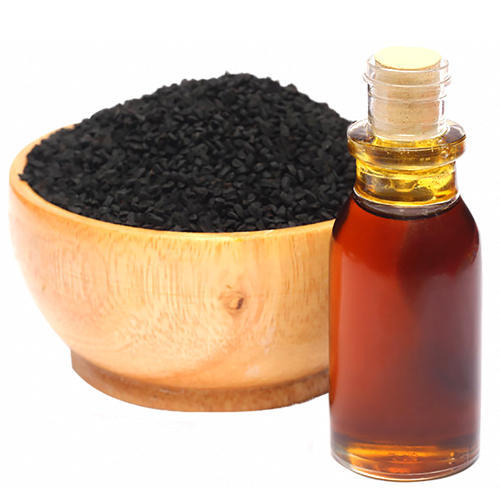
This is an all-rounder ingredient that is found in skincare for its anti-aging benefits. The fellow is a lovely addition to facial formulations like serums, face oils, lotions, and creams for dry, dehydrated, sensitive and mature or aging skin types. If you find this dude in you’re skincare products, then you’re in for a treat!
2. Shea Butter
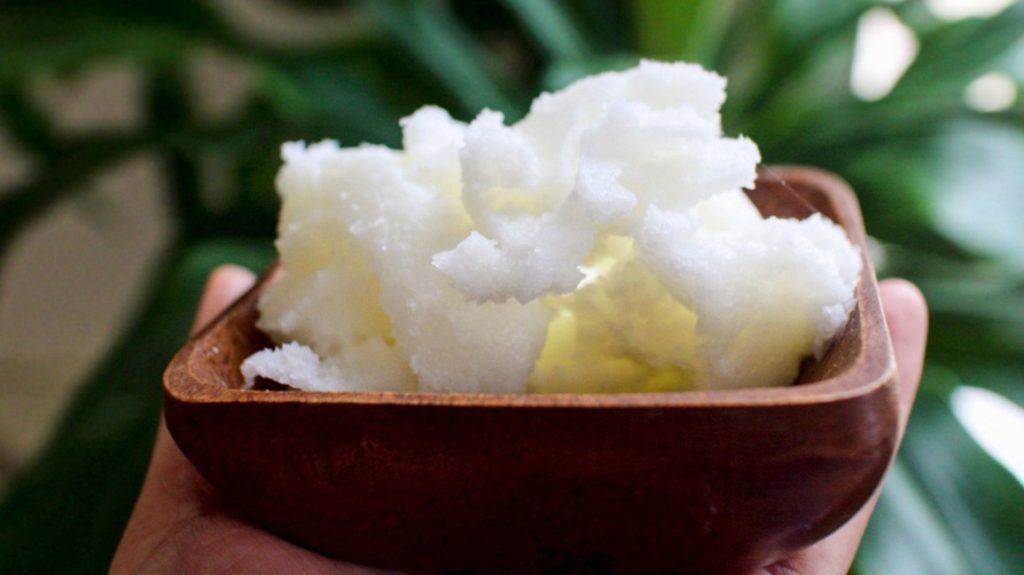
Shea butter is the holy grail ingredient for lip balms, eye creams, moisturizers, and studies reveal that it is excellent at penetrating the skin, contains 60% fat, making it super emollient. It is a skin superfood that comes from the seeds of the fruit of the Shea (Karite) tree and that is naturally rich in vitamins A, E and F. It offers UV protection (it is SPF ~6) and provides the skin with essential fatty acids and the nutrients necessary for collagen production.
3. Kaolin
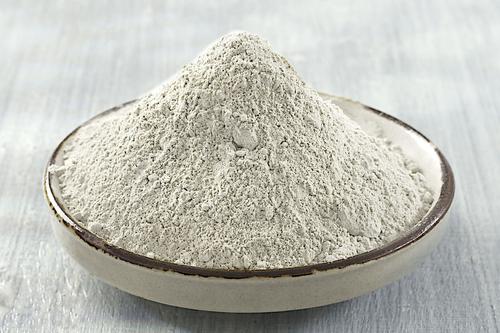
The main component of kaolin clay is the mineral kaolinite, which is a layered silicate mineral. One of the most important kaolin clay skin benefits is the fact that this type of clay has the ability to detoxify the skin but it doesn’t dry it out at the same time along with cleansing pores and boosting blood circulation, promoting skin cell regeneration which brings back that glow! Girl, I am not surprised by this dude’s benefits, because it comes straight out of mother nature.
4. Flower oil
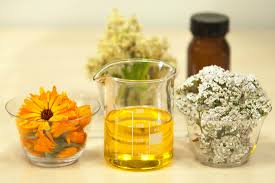
I’m referring to my favourite summer flower oil– The sunflower seed oil. It is a great source of vitamin E that is rich in nutrients and antioxidants and the best part? It combats skincare issues like acne, inflammation, general redness and skin irritation. What’s not to like about my favourite flowery ingredient? This oil is used in lipsticks, lotions, blushes, and emollients.
5. Almond oil

This snack of an ingredient Is the popular kid on the block and he knows it, because it is full of Vitamin E, A monosaturated fatty acids, protein, potassium, and zinc. It is such a mighty antioxidant to fight oxidative stress – a major cause of the deterioration of your skin’s collagen layer and you need to preserve that collagen sista. Let Almond oil take care of it.
6. Jojoba Oil
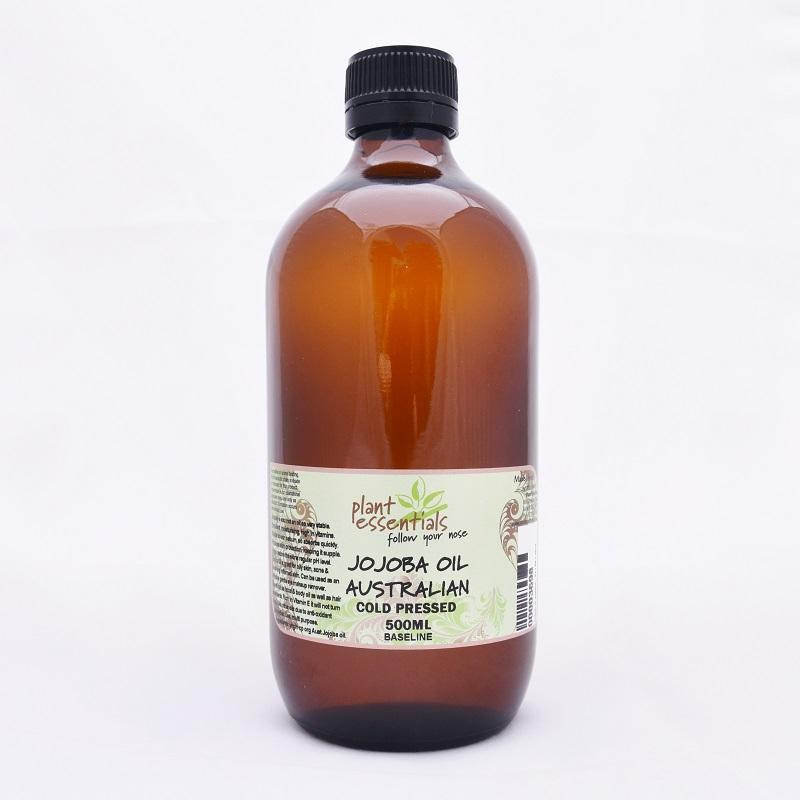
Our dear little oil has been around for decades and much lesser-known facts about it are that the oil is basically the liquid wax found in the seeds of the Simmondsia Chinensis plant. Some oils can feel heavy and clog your pores but Jojoba oil doesn’t cause breakouts. It prevents them instead because of its biocompatible components of absorbing into the skin rather than just sitting on top. The oil additionally controls your sebum production, making it our true anti-acne friend!
I wanted to add many more ingredients but I need to be convinced of their uses before I preach about them. These are some of the most common ingredients used in makeup and skincare for decades. I had this funny visual of queen Cleopatra recording her skincare routine and using ancient ingredients like these and someday I find a way to put it up on my channel!
What Is Cruelty-free makeup?
If you haven’t watched the most disturbing video about ‘The Dark Secret Behind Your Favourite Makeup Products’ on Refinery29, please watch it here.
I felt my heart sinking when I realized how hard those little kids worked for mica – the ingredient responsible for the shine in our makeup products. I know I can’t control the mining situation where they employ kids, but I know for sure that I can certainly patronize the products that specify they employment of a cruelty- free process in the making of the product.
Cruelty-free products refer to cosmetics that aren’t tested on animals at any stage during the development process, or even the pre or post-production period. Now many cosmetic companies have procured their ‘cruelty-free’ certification but what about the ‘child-labour-free’ certification? There is no transparency in the industry about makeup, the sourcing of their ingredients, the process, and many other factors involved. How do I know if what I’m applying to my face is free from heinous animal testing and labor?
Lets. Become. Conscious. Consumers.



